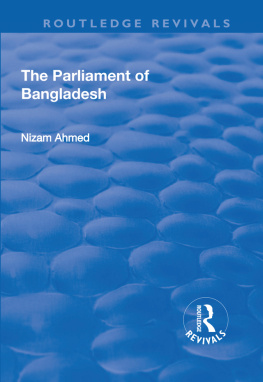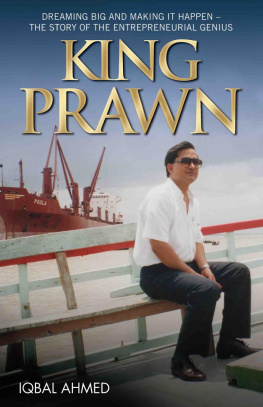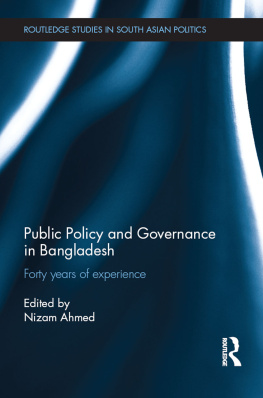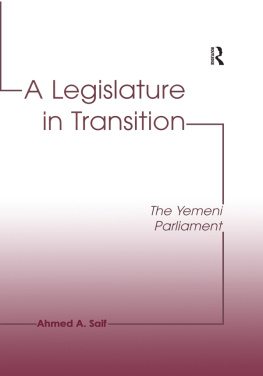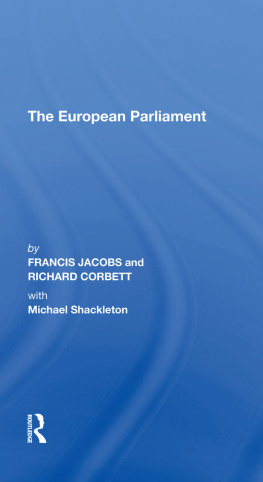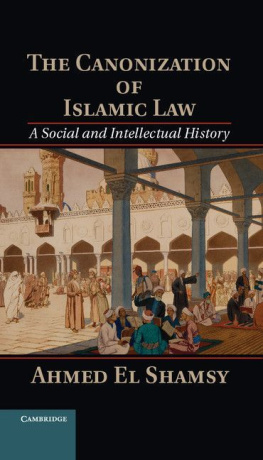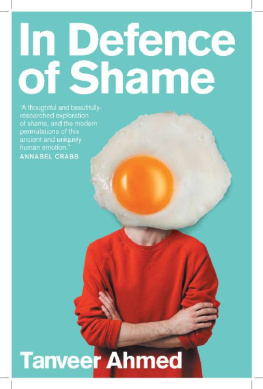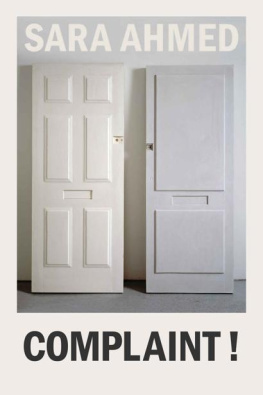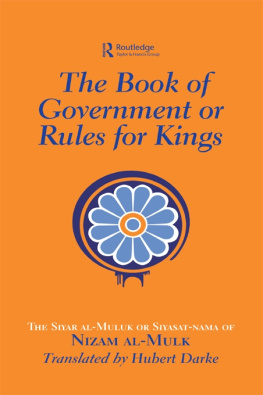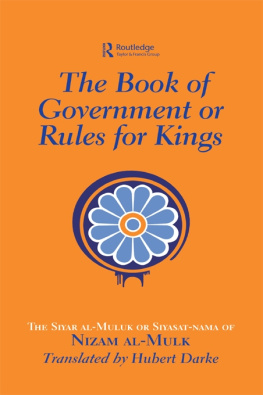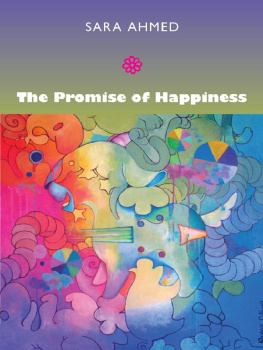First published 2002 by Ashgate Publishing
Reissued 2018 by Routledge
2 Park Square, Milton Park, Abingdon, Oxon OX14 4RN
711 Third Avenue, New York, NY 10017, USA
Routledge is an imprint of the Taylor & Francis Group, an informa business
Copyright Nizam Ahmed 2002
The author has asserted his moral right under the Copyright, Designs and Patents Act, 1988, to be identified as the author of this work.
All rights reserved. No part of this book may be reprinted or reproduced or utilised in any form or by any electronic, mechanical, or other means, now known or hereafter invented, including photocopying and recording, or in any information storage or retrieval system, without permission in writing from the publishers.
Notice:
Product or corporate names may be trademarks or registered trademarks, and are used only for identification and explanation without intent to infringe.
Publisher's Note
The publisher has gone to great lengths to ensure the quality of this reprint but points out that some imperfections in the original copies may be apparent.
Disclaimer
The publisher has made every effort to trace copyright holders and welcomes correspondence from those they have been unable to contact.
A Library of Congress record exists under LC control number: 2001098453
ISBN 13: 978-1-138-74066-2 (hbk)
ISBN 13: 978-1-315-18337-4 (ebk)
Legislatures are ubiquitous. Rarely can one now find a modern state that does not have a legislature. Bangladesh thus cannot be an exception. In fact, the parliament in Bangladesh predates similar bodies in many other developing countries in origin. Yet it remains one of the least-researched political institutions in the country. Unlike bureaucracies, parties and local government, which have received disproportionate attention of academics and researchers, the parliament and the activities of its members remain a neglected field of academic inquiry. Whatever limited number of studies is available on parliament is dated; in particular, these focus on the activities of the parliaments elected in pre-liberation Bangladesh. For example, Rashiduzzaman (1965) and Husain (1991) examine respectively the working of the central legislature (1921-47) and the Bengal Legislative Council (1921-36) in British India. On the other hand, Harun (1984) and Chowdhury (1980) attempt to take stock of the activities respectively of the federal legislature in Pakistan (1947-58) and the East Bengal Legislative Assembly (1947-58).
However, although most of the legislatures elected during the British period and the early years of the Pakistani rule have been the subject of at least one specialised research, the parliaments elected since independence in 1971 have not apparently attracted any serious research attention. Although Jahan (1976) and Huq (1989, 1990, 1991) have examined some aspects of the working of the first parliament (1973-75), many of its activities, however, still remain unexplored. Nor do we have any published works on the activities of the parliaments elected subsequently. There is not a single book-length research on the parliament in Bangladesh. Even the 'new' parliaments - the fifth parliament (1991-95) and the seventh parliament (1996-2001) - elected amidst public and political expectation that they would herald a new 'era' in parliamentary politics, do not remain an exception. What has caused such omission is not known.
This book seeks to remedy the deficiency in legislative studies in Bangladesh. It sets out to give a description of the 'new' parliaments elected in the 1990s, identifying different dimensions of their activities, such as the nature of legislation they have passed, the issues that have interested their members, the strategies the members have adopted to get things done, especially to make the government behave, the techniques they have used to resolve conflicts and the measures taken to strengthen parliament. The general argument is that the parliament matters more now than before. The 'new' parliaments have fared better than their predecessors in almost every respect, ranging from enacting legislation and making the government behave, to promoting the interests of the constituents. However, although the reforms carried out since the early 1990s have the potential to contribute to the consolidation of the democratic system, the parliament has paradoxically declined. The book examines the factors that account for the resurgence and decline of the parliament in recent years.
In the preparation of this book, I have incurred numerous debts. It is my pleasant duty to acknowledge indebtedness first to Faruque Ahmed, a former graduate student of the Department of Public Administration, University of Chittagong for his assistance in collecting material for the book. Professor Dr. Mizanul Hoque, Chairman of the Estimates Committee of the seventh parliament, and Mr. Imran Ahmed, Chairman of the Committee on Public Undertakings of the seventh parliament, supplied me copies of the proceedings of the fifth JS - an invaluable source of material for any researcher. I express my gratitude to them. Dr. Shahnaz Khan, Professor, Department of Public Administration, University of Dhaka supplied me with several important documents that were not easily available in Chittagong. I am grateful to her. Special acknowledgement is due to my wife Chhabi, who helped me type the manuscript, and proof-read a number of chapters. Our daughter Nishat has also been a source of support, albeit of a different nature.
I am extremely grateful to Lord Norton of Louth, Professor of Government and Director of the Centre for Legislative Studies, University of Hull, and a member of the British House of Lords, for allowing me easy access to his personal collection on legislatures. My greatest indebtedness is to Dr. Muhammad A. Hakim, Professor, Department of Political Science, University of Chittagong, and to Dr. Aftab Ahmed, Professor of Political Science at the University of Dhaka. Both read drafts of the whole manuscript and offered very useful suggestions on the framework of analysis, logic of argument, style and language. Dr. Muhammad Yeahia Akhter, Professor of the Department of Political Science, University of Chittagong has been generous with time and support. His support was especially forthcoming when I needed it most. I am thus grateful to him. I am also indebted to Dr Harunur Rashid, Professor of Accounting, University of Chittagong (now Head, Department of Business Administration, IIUC) for allowing me to use his computer.
Mr. Khondakar Abdul Haque Miah, a former Additional Secretary of the Parliament Secretariat, Mr. Kazi Touhid Hasan, Director (Library and Reference), Parliament Secretariat, and Mrs. Momtaz Ara, Mrs. Sabera Murshid and Mrs. Zebun Nessa - all librarians of the Parliament Library allowed me access to important parliamentary documents. I am grateful to all of them. I am also indebted to Frank Cass, publisher of the Journal of Commonwealth and Comparative Politics and The Journal of Legislative Studies , to Taylor & Francis Ltd., publisher of Contemporary South Asia, and to the Department of Politics and Public Administration, University of Flong Kong, publisher of the Asian Journal of Public Administration for granting me permission to use in this book material from my articles published in these journals. I am grateful to Ms. Kirstin Howgate and Ms. Jacqui Cornish of Ashgate Publishing Limited for their help at different stages of the publication of the book.


